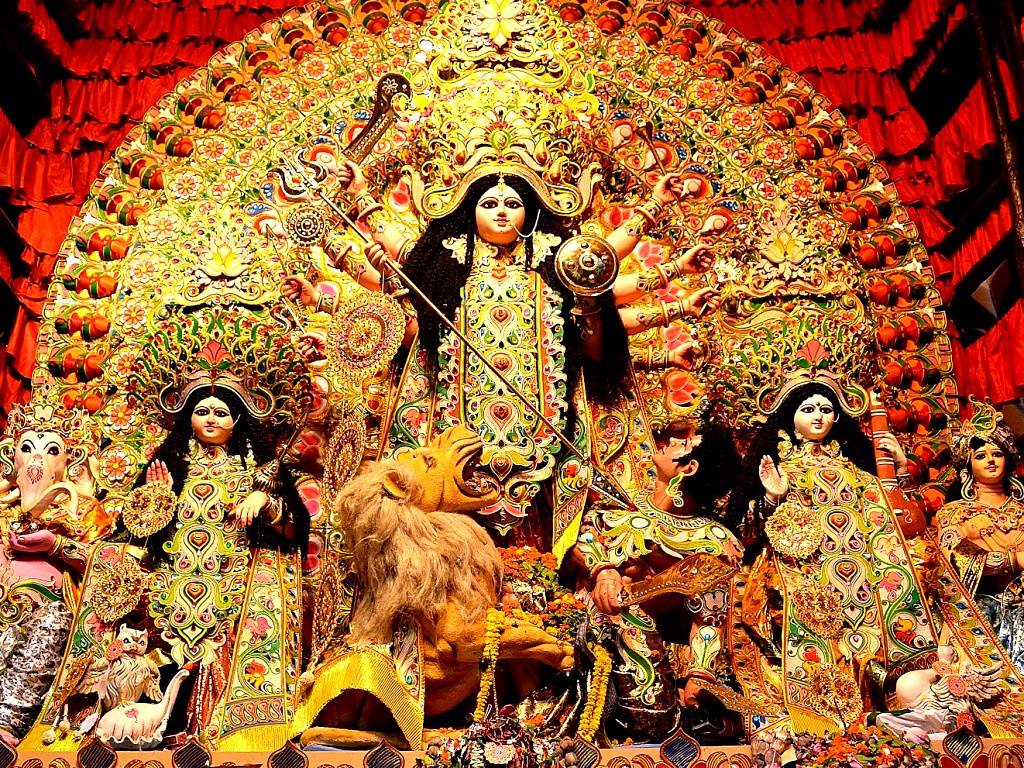

In his films Sen has consistently and unambiguously downgraded notions of artistic ‘originality’ and deployed a wide array of influences from Glauber Rocha’s early work to Truffaut (Akash Kusum) and from Augusto Boal’s Theatre of the Oppressed to Fernando Solanas and Octavio Getino (the Calcutta trilogy: Interview, Calcutta ’71 and Padatik), Fellini (Akaler Sandhaney) and most recently Bresson (Khandhar). His Bhuvan Shome, made in Hindi, was a commercial success in Bombay and is said to have pioneered the New Indian Cinema, generating the 70s debates about low-budget alternatives to commercial cinema. Directorial début in 1956 and his 2nd film was banned for two months by the government. Authored book on Chaplin (1951) and Bengali translation of Karl Capek’s The Cheat (1946). Early influences include Arnheim’s writings. Associated with the IPTA (1943-7) and remained active in Left politics. Read voraciously about cinema and aesthetics also reviewed films. Studied science in Calcutta worked as apprentice in sound recording studio, as journalist and medical representative. Mrinal Sen was born in 1923 in Faridpur, now Bangladesh, hi’s a bengalí writer and director. He is actually a hypocrite, who exploits the poor employees of his factory and makes money by torturing them. A high-class man talks about philosophy and says he is very disappointed about the condition of the poor in India. The fourth story is about the upper-class society of Calcutta, singing and listening to a concert of music with cocktails and without any exposure to ordinary people. It is a criticism of the way of life and the attitude of the rich. The third story is a middle-class rural family where the eldest son of a family is involved in smuggling rice into the city, leaving his school and his education. This story is based on a real story by Probodh Kumar Sanyal called ‘Angar’. Their cousin Nalinakhya, who lives in Delhi, comes to visit them and knows the hard reality. The second story is about another middle-class family of mother and two mature daughters who could not cope with hunger and poverty and succumbed to prostitution. On a rainy night they are forced to leave the house and move to another safe haven, but they find that many others have already taken refuge before them.

The first story is about a low-middle-class family staying in a cabin in a slum area.

Calcutta 71 is a collection of stories that represent the seventies and shows the naxalite activity, the hunger of ordinary people, and social and political corruption. This film is considered to be the second of Calcutta’s trilogy of Mrinal Sen, the others are Interview and Padatik. Cast: Ranjit Mullick, Utpal Dutt, Geeta Sen.


 0 kommentar(er)
0 kommentar(er)
